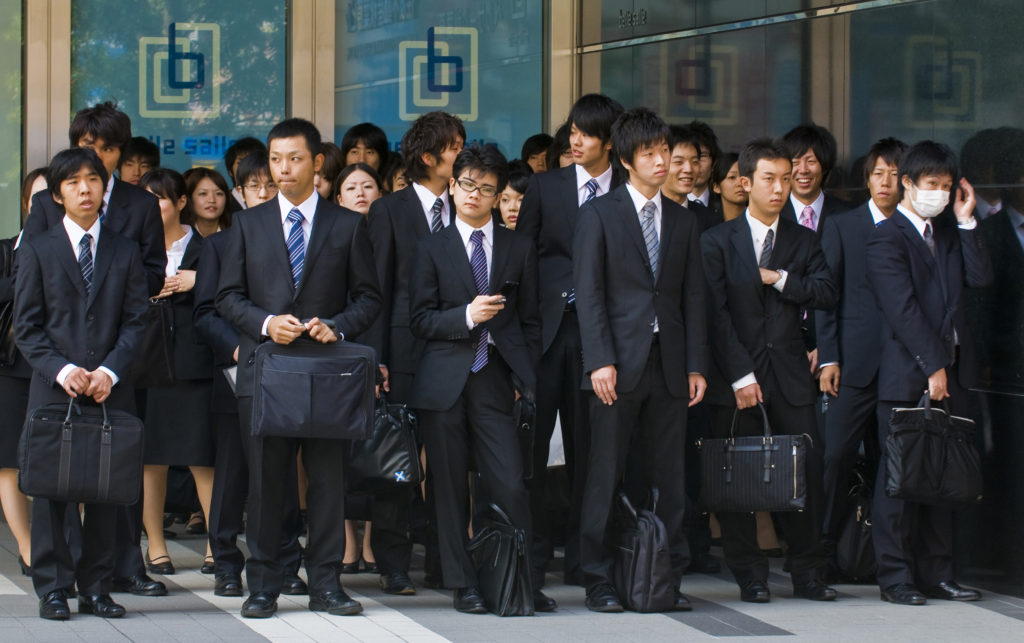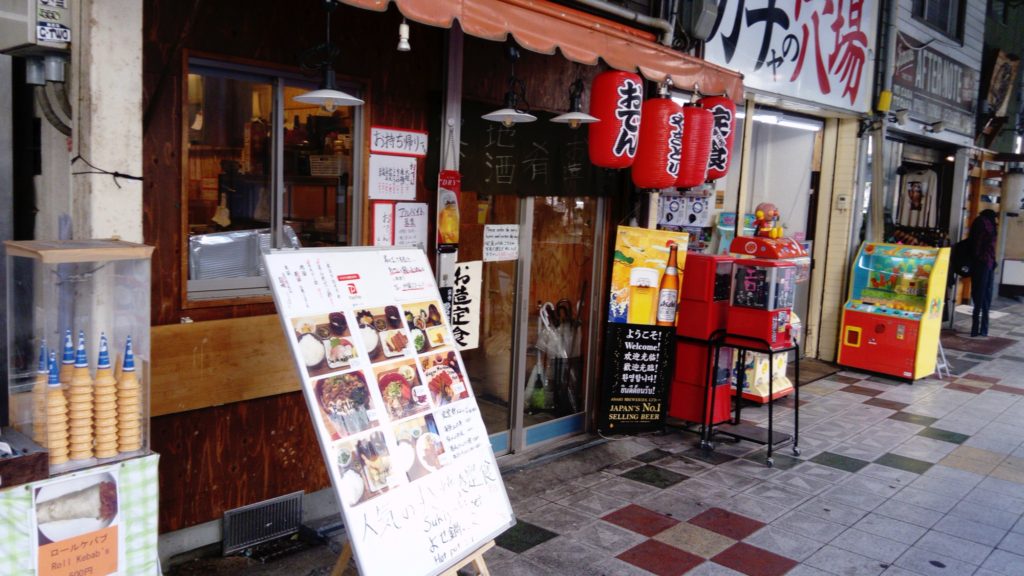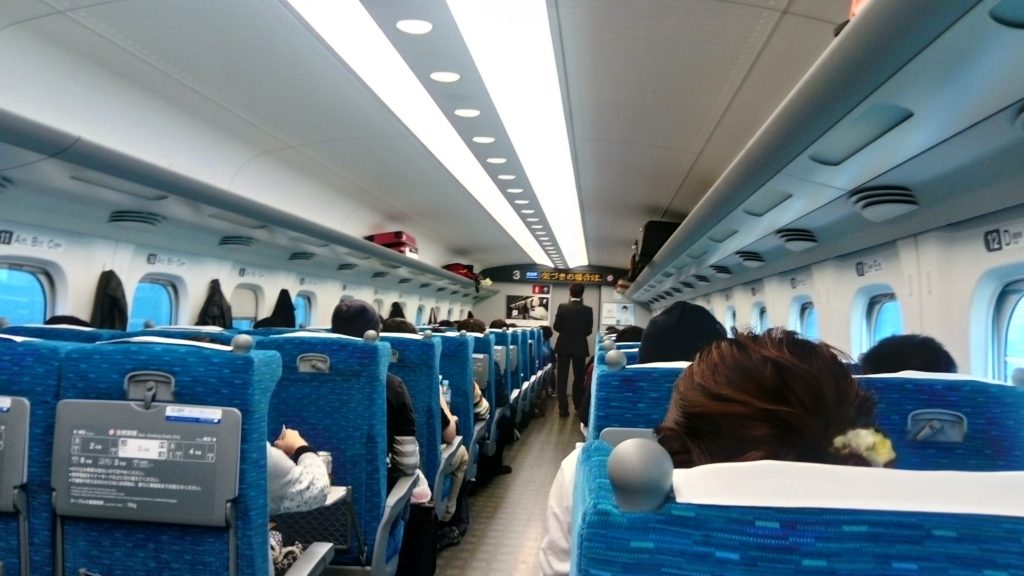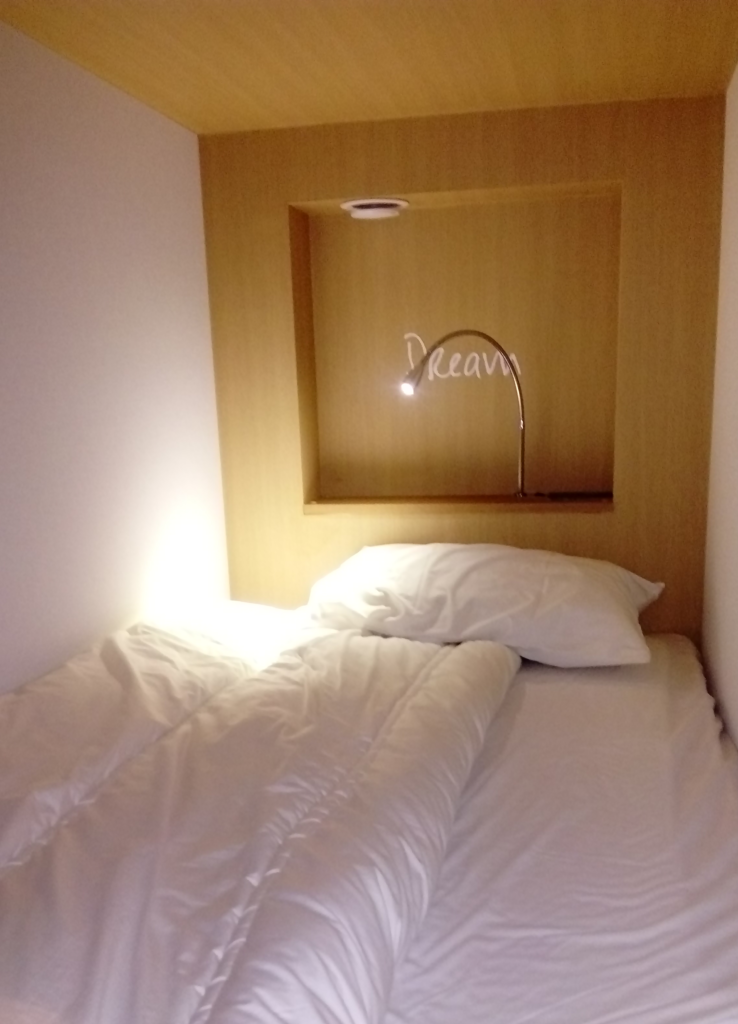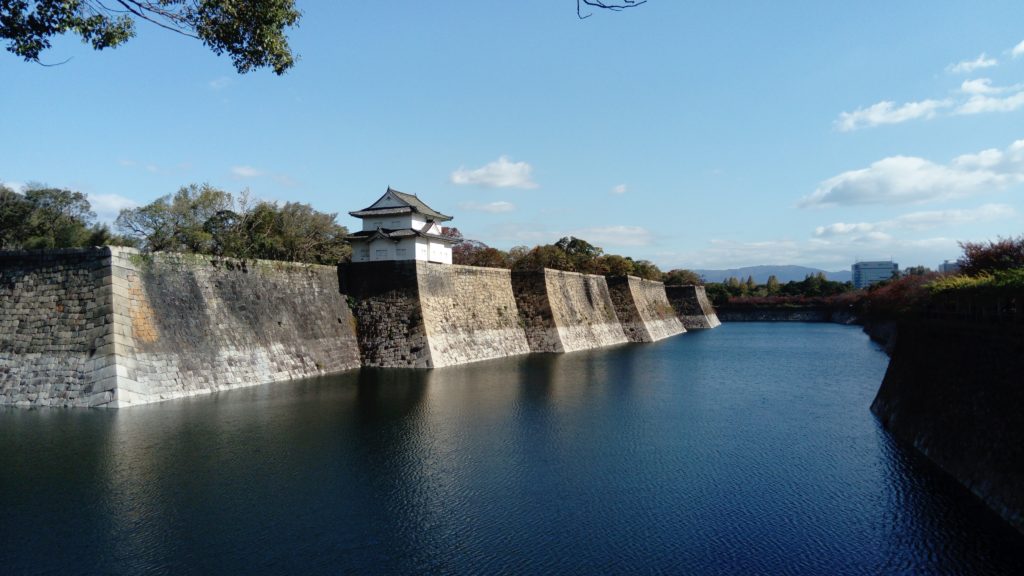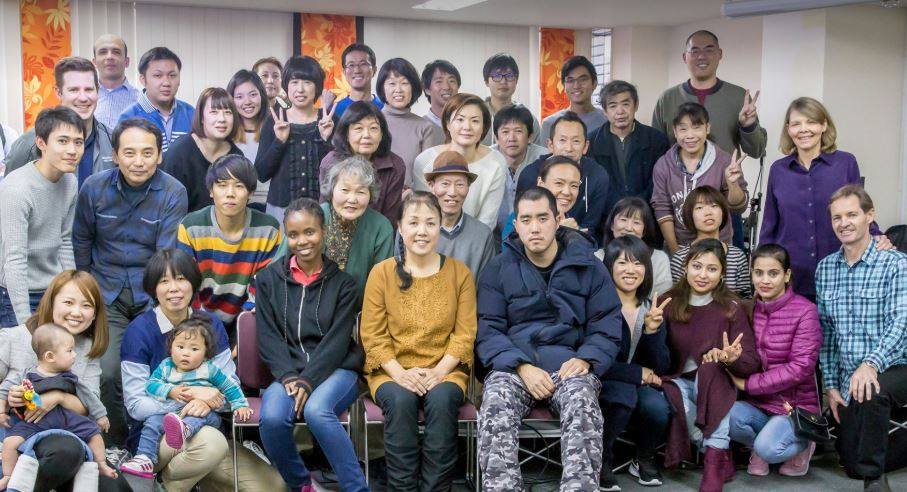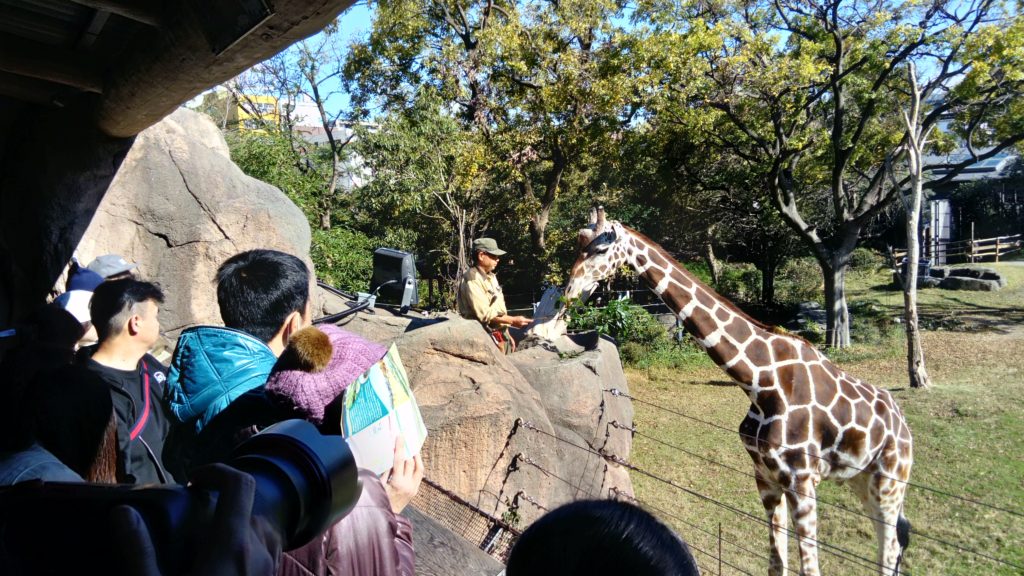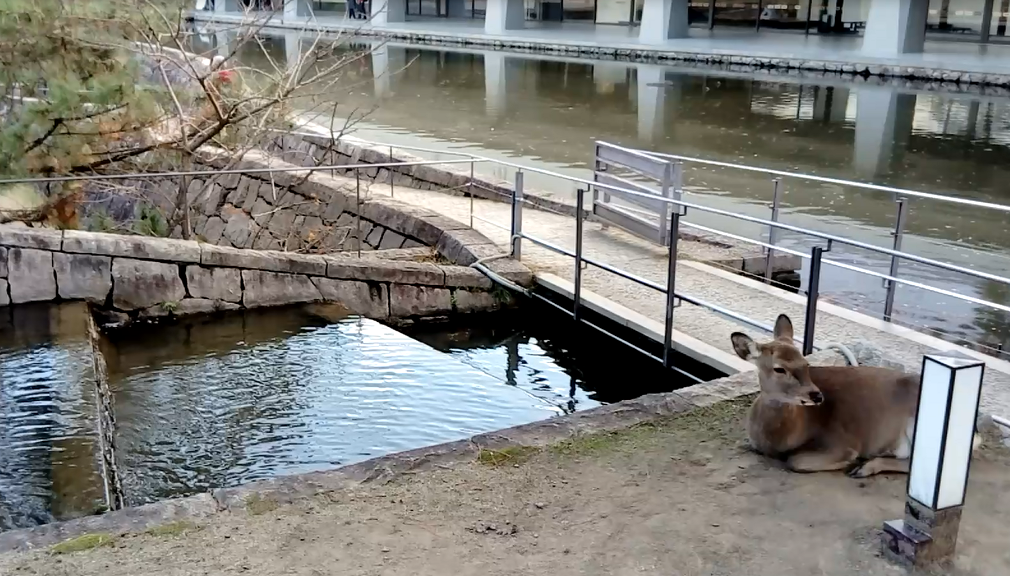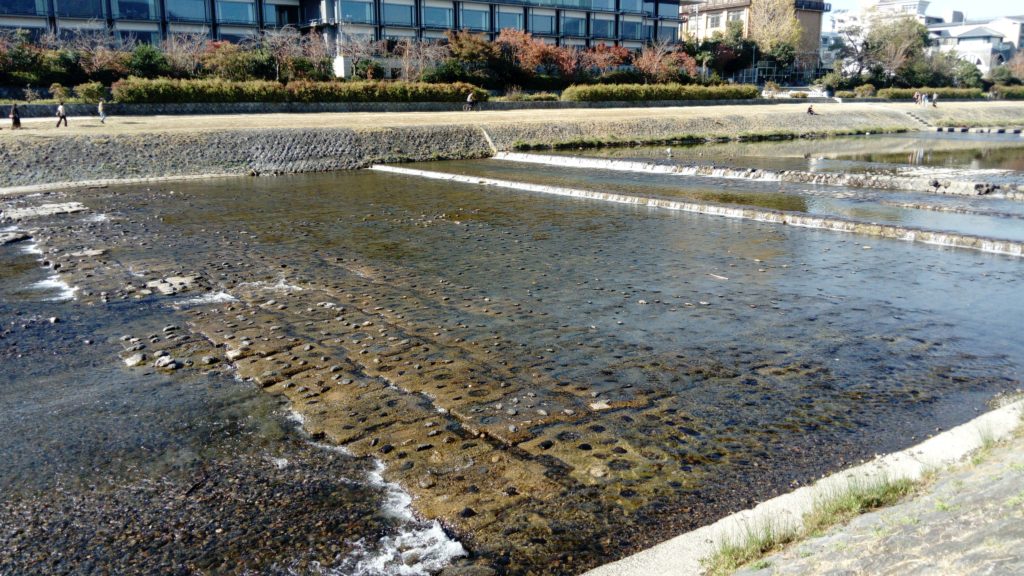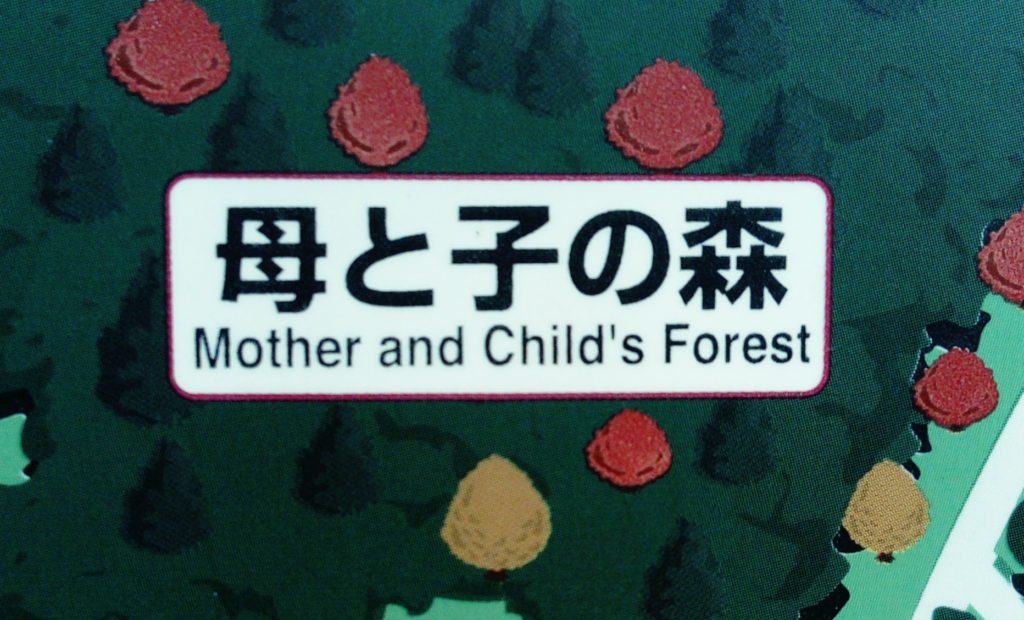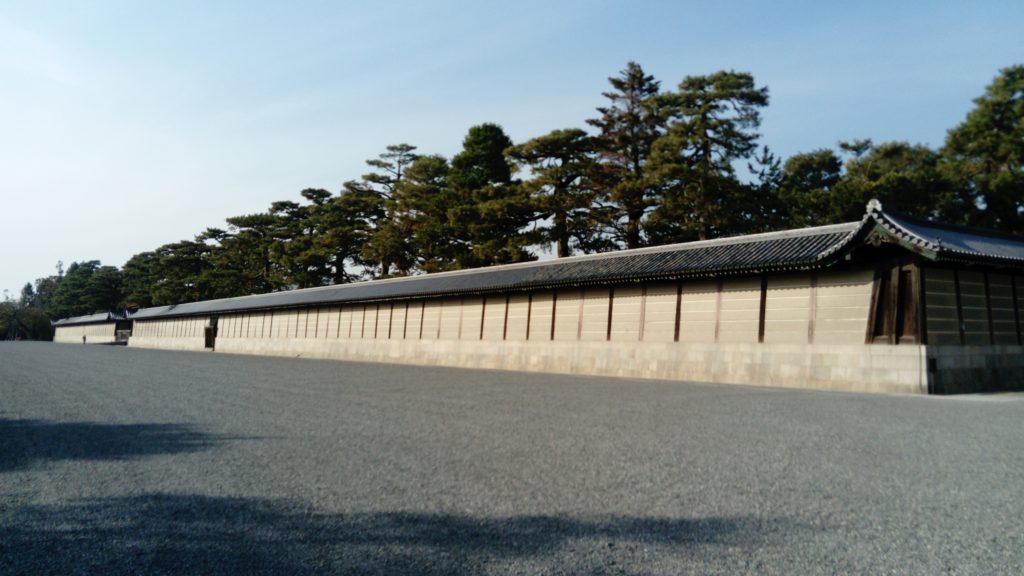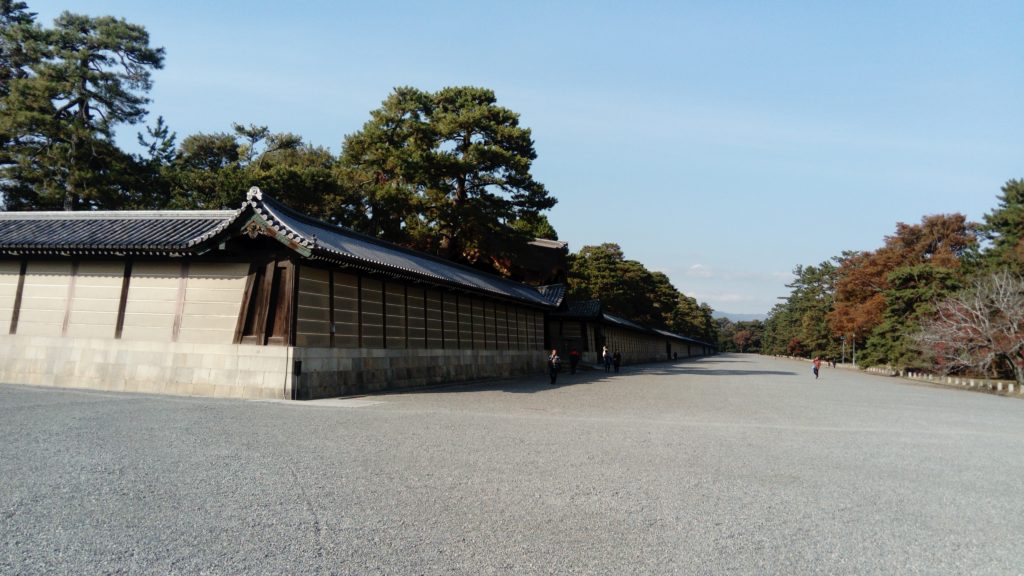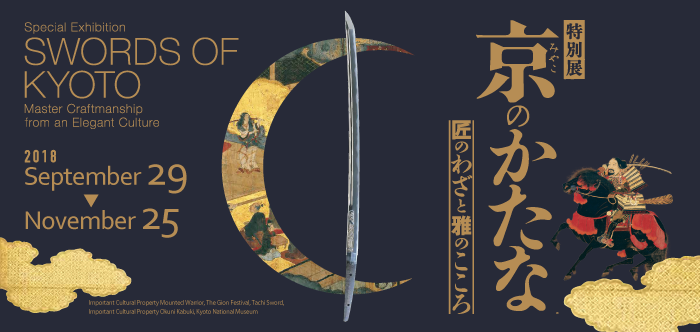Discovering Japan 2018
The flight to Japan
On Wednesday (14th of November), at 10:15 the plane takes

I have wondered if I would sit near a Japanese passenger (to start practicing my language skills). Will it happen?
I am preparing to met interesting people and to have conversations on a wide range of topics :). Unfortunately (or fortunately) there was not much Japanese language involved.
On my way to Helsinki, I met James. We had a wonderful talk about many issues in today’s society, like having children, Brexit, Christian values, the concept of grace and its influence upon Europe (the idea that you can to give people second chances; to forgive people when they make mistakes and help them to do better).
This idea is unique to Christianity is not present in other religions. We take many things for granted here in Europe but this idea of grace (forgiveness and kindness,offering people a second chance a new beginning) is not present in other parts of the world.
Quick stop at Helsinki. It is cold in here.
I am on my long flight to Narita International Airport. Diane is my neighbour now. She has an interesting job as a speed skating coach and she is going to support her student at the Obihiro competitions.
Why do you want to win a competition? There are lot of possible reasons. Do you want to prove your ability? What is your motivation? What drives you to go forward?
Is it a selfish desire? Do you want to help others? Some athletes are a role model for the younger generation, a positive source of inspiration. They train and submit to all kind of rules to achieve their goals.
Their physical performances improve with training. What about the inner being, the soul, the invisible part? Is there a positive change to seek out?
Speed skating looks very competitive:
She was expecting that her student would give his best. It seems that Latvia did not win the gold:
href=https://app.isuresults.eu/events/2019_JPN_0001/competition/5/resultsLearning to recognize others when they perform better than you is a good experience to go through.
Seeing the light

Thursday 15th of November
This first thing that struck after landing was the sunlight: bright light, powerful light, so refreshing. I activated my Internet sim on my phone (thank you Tak) and I was ready to explore. I bought a Suica card that can be used for local trains, the subway, for shopping (7-Eleven stores) and some vending machines. This is how a Suica card looks like:

I took a local train from the airport to Asakusa area, where my hostel was. I have noticed a new type of building architecture immersed in bright sunlight. Yes, it was very bright outdoors. I loved it.
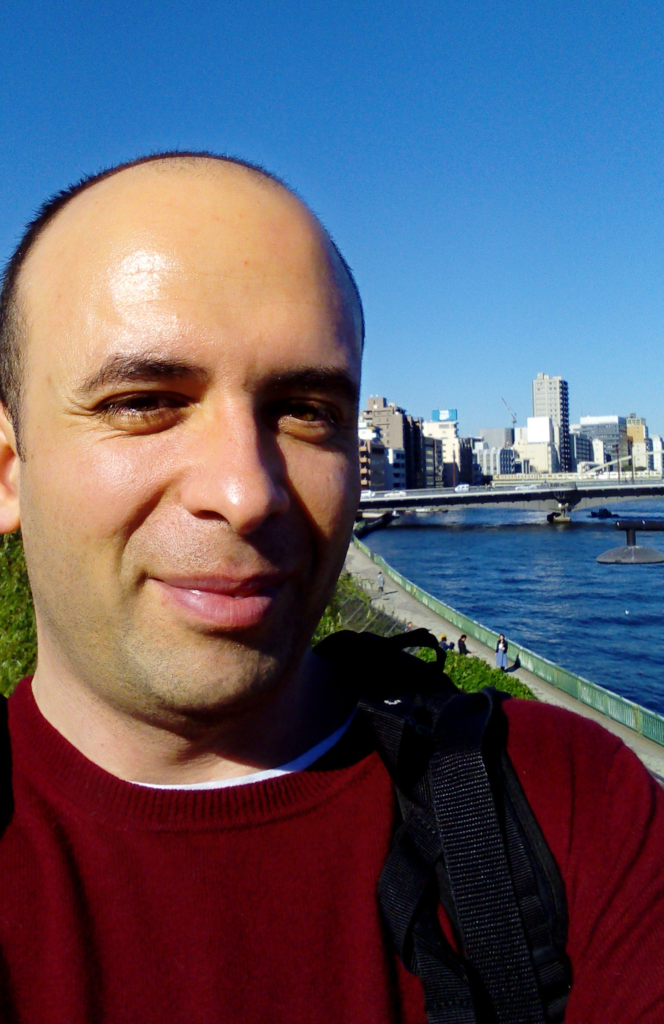
The stations are built to be very intuitive and are logically structured. The lines are color coded (red, blue, green, etc). If you follow the right color path you’ll end up fine. Everything was very well organized. The staff at the airport and at the stations were ready to help you with directions.
Sumida river was a relaxing stop before reaching the hostel.

Agoda.com is an efficient website for booking. I arrived at my final destination.
